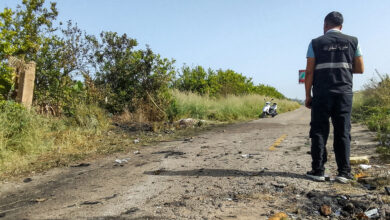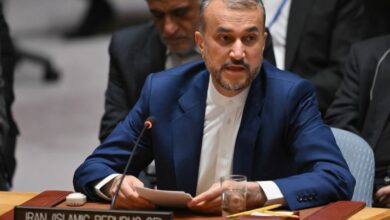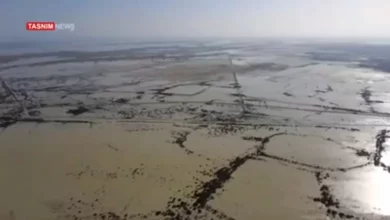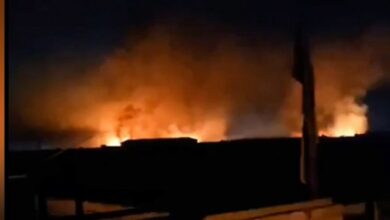Vienna–World powers should seriously consider a newly-drafted fuel swap plan for Iran to part with some of its nuclear material, even if it is not perfect, a group of high-profile experts said.
The nine experts, including former weapons inspector David Kay, former US Under Secretary of State Tom Pickering and arms control experts Jeffrey Lewis and Daryl Kimball, said the offer should be seen as a possible diplomatic opportunity.
Turkey and Brazil last month resurrected parts of a UN-backed offer for Tehran to part with 1,200 kg of its low-enriched uranium in return for special fuel rods for a medical research reactor.
The original UN plan, backed by the United States, Russia and France, had been seen as a way to help defuse international tension by removing an amount of material from Iran that could be enough for an atom bomb if enriched to higher levels.
But Western officials have made clear that they are unsure about the new offer, which comes some eight months after the idea was first outlined with the help of the International Atomic Energy Agency (IAEA).
The United States has said the new plan was a last-minute Iranian attempt to deflect pressure from a push for new UN sanctions against its atomic program, which Tehran says is for peaceful uses only.
The group of foreign policy and nuclear non-proliferation experts said in a statement on Tuesday however that the new offer should not be dismissed.
“We urge the so-called Vienna Group (Russia, France, the United States, and the IAEA) to seriously pursue this proposal as an opening for further diplomatic engagement with Iran on outstanding issues of concern,” they said.
The statement was distributed by the Washington-based National Iranian American Council, a think tank supported by Iranian Americans and US foundations. The non-proliferation experts are independent figures who work for other think tanks and include respected analysts in the field.
They acknowledged Western concerns that the new proposal did not address Iran’s escalated enrichment work, the size of its growing uranium stockpile or its need to cooperate with the IAEA by allowing enhanced inspections.
An acceptance of the plan however, could be the first step in a broader diplomatic engagement, they said.
“Iran’s agreement to export a large portion of its low-enriched uranium outside of its border for up to a year is worthy of consideration,” they wrote, adding that Iran had made concessions on its previous position in accepting these terms.
Iran had backtracked on the original fuel offer, asking for a simultaneous swap on its home soil.
The experts said the new deal however appeared to have wide backing in the Iranian leadership and so was less likely to become a victim of internal politics.




